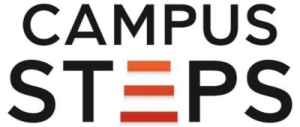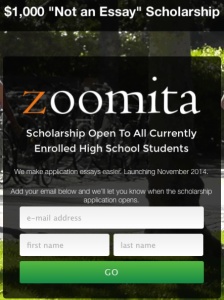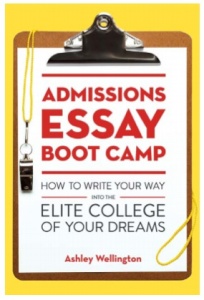 There are times we all wish we were more organized. We are not born organized; quite to the contrary, organization is a learn skilled. It is imperative we help instill the life skill of organization into our children at an early age so that they may better their chances at a successful future as college students and fully functioning adults. Applying to college is an exciting and nerve-racking time for both parents and students. There are some tips and strategies to help your student get organized so he or she will posses the required skills for future success.
There are times we all wish we were more organized. We are not born organized; quite to the contrary, organization is a learn skilled. It is imperative we help instill the life skill of organization into our children at an early age so that they may better their chances at a successful future as college students and fully functioning adults. Applying to college is an exciting and nerve-racking time for both parents and students. There are some tips and strategies to help your student get organized so he or she will posses the required skills for future success.
List making and checklist
It is never too early to start a to-do list. Utilizing checklists will help your child create and maintain their daily assignments, household chores and responsibilities. Help your child understand the benefits of writing and keeping daily and extended goals. By organizing their responsibilities into lists student can ensure tasks are completed on time and in full. By completing the check list, students also gain a sense of accomplishment and accountability. These will become necessary and vital life skills for a successful future as college students.
Applying to colleges is also a involved and complex undertaking, requiring vast amounts of paperwork and preparation. The more organized you and your child become the easier that process will become in the near future. Many schools are utilizing online tools like the ones found at www.meridianplanners.com, which offer eplanner solutions to facilitate one to one teacher and student relations. Be sure to find out if your school is using their own online 1:1 solutions or if they are using a BYOD, bring your own device, to best prepare your budding student.
Create a dedicated and organized work space
Children and students thrive in environments with set and understandable boundaries. Boundaries don’t have to stop at household rules. Creating dedicated places for study helps create an environment of success. Students often preform much better and with much more efficiency when studying in a dedicated workspace. It helps them understand that this space is for them and for study. This location doesn’t have to be in any particular place but any space dedicated to study should be quiet, consistent, and organized. This also helps create a separation between family and leisure activities, cutting down on wanted or unexpected distractions. By creating a dedicated space for study you will help condition your child/student’s mind into entering a state of calm and purpose dedicated to study. Organizing and retaining organization in the space is important. The space should be occupied only with tools and materials related to study and learning.
Dedicated set times of study
Routine is very important aspect in fostering an organized lifestyle. Students and children preform better when expectations are set. Having a consistent time dedicated to study will help your future college student organize and prioritize their time responsibly. Contrary to popular belief the best time may not be directly after school. Students need some time to decompress and unwind. Be sure to make an agreement with your child. Including them in the decision making process with help begin to make important decisions on their own. It can also become easier to make them accountable if their time agreements are not met. Be sure what ever time you both agree on leaves enough time for the work to be reviewed and completed without cutting into their sleeping or resting hours. Well rest students often out preform sleep deprived students.
When considering college
Help your child start making important considerations early. What areas of study are they most interested? Which schools specialize in these areas? What do these college look for when considering potential applicants? Every college has its own set of requirements and their own application process. Be sure you and your child begin to research each college of interest early so that they can start working toward specific goals geared to their college’s desires and requirements. Asking the right questions early can help you and your child create a plan of attack. What do their colleges of interest value beyond GPA? What types of extracurricular actives are considered most important? What steps do these college expect students accomplish during and before the application process? Organization is a key to success during this time of research and consideration. Keep separate up to-date files and folders containing all pertinent information for each school.
Understanding and keeping deadlines
When your student/child is old enough to begin thinking about applying to colleges keep on top of looming deadlines and requirements. The college application process is complicated and complex and deadlines are firm. Be sure what ever steps you took in organizing the application process includes the a calendar designed to help you prioritize and keep on top of deadlines. Having a fully inclusive calendar will help you visualize any looming deadlines and help ensure you stay current with any requirements. Many colleges require student to take standardized testing. These test also have their own deadlines and dates. It is important to include these dates into any calendar you have created. By staying organized you can allay much of the stresses associated with the college application process.









 Today’s topic: applying EA (early action) and ED (early decision). It’s the first week of November and those applications will be arriving at the colleges. Granted, it’s a quick process to complete once school begins in the fall, but there are some good reasons to take advantage of these options.
Today’s topic: applying EA (early action) and ED (early decision). It’s the first week of November and those applications will be arriving at the colleges. Granted, it’s a quick process to complete once school begins in the fall, but there are some good reasons to take advantage of these options.